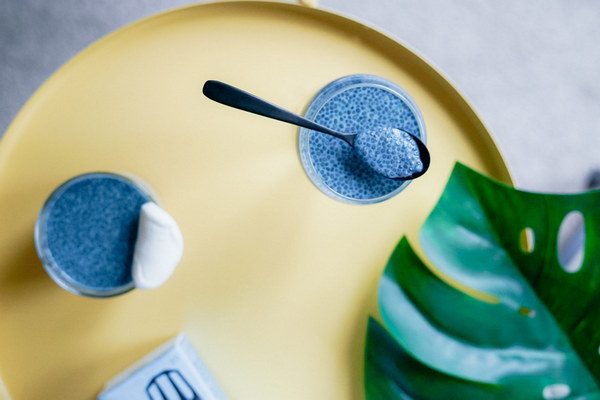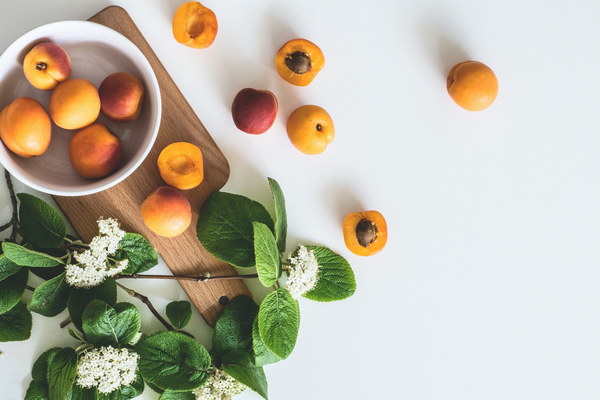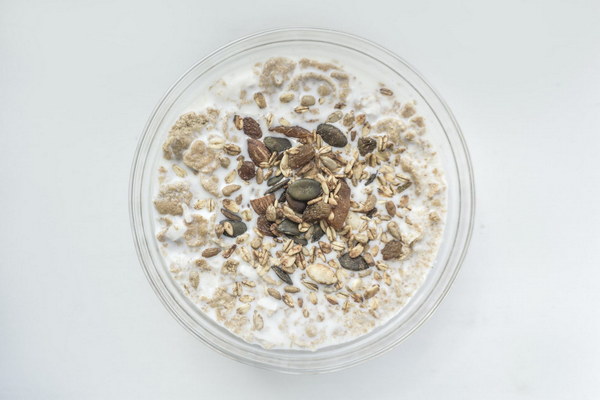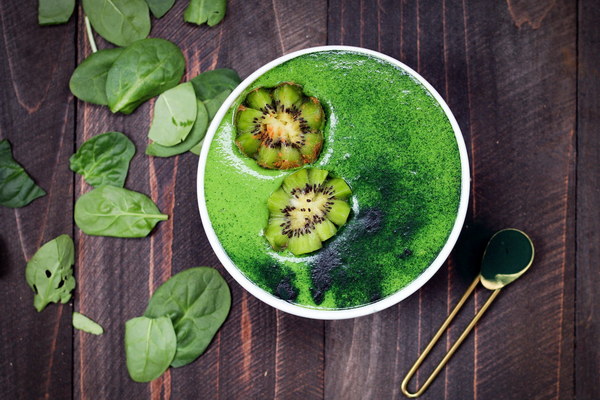Scenting Your Way to Wellness A Winter Aromatherapy Guide
As the cold embrace of winter envelops us, it's a season that calls for both warmth and rejuvenation. Aromatherapy, the ancient practice of using essential oils for therapeutic benefits, can be a delightful and invigorating way to enhance your well-being during the colder months. Here's a guide on how to indulge in the scents of winter to nourish and rejuvenate your body and mind.
1. Embrace the Warmth of Spicy Scents
Winter is the perfect time to explore the rich, spicy scents that evoke warmth and comfort. Essential oils like cinnamon, clove, and ginger can stimulate your senses and provide a sense of warmth and vitality. These scents are known for their stimulating properties, which can help increase circulation and boost energy levels.
- Cinnamon: The sweet, spicy aroma of cinnamon can help alleviate colds and flu symptoms. It's also known for its anti-inflammatory properties, which can be beneficial for sore muscles and joints.
- Clove: Clove essential oil has a powerful antibacterial and antiviral effect, making it an excellent choice for respiratory infections. Its warm, spicy scent is both comforting and invigorating.
- Ginger: Ginger oil is a natural pain reliever and can help reduce inflammation. It's also known for its ability to improve digestion and reduce nausea.
2. Soothe Your Skin with Hydrating Oils
Dry winter air can leave your skin feeling parched and itchy. Utilize aromatherapy to moisturize and nourish your skin. Oils like lavender, chamomile, and jojoba can help soothe dry, cracked skin while providing a sense of calm and relaxation.
- Lavender: Lavender oil is a multitasking essential oil that can help heal dry, cracked skin and reduce inflammation. Its calming scent also promotes relaxation and can improve sleep quality.
- Chamomile: Known for its anti-inflammatory and anti-irritant properties, chamomile oil can help soothe dry, sensitive skin. It also has a gentle, soothing aroma that can help reduce anxiety and stress.
- Jojoba: Jojoba oil is a natural emollient that mimics the skin's own oils, making it an excellent choice for dry skin. It's also non-comedogenic, meaning it won't clog your pores.
3. Breathe Easier with Respiratory Oils
Winter can bring on respiratory issues due to the dry air and the prevalence of colds and flu. Essential oils can help clear congestion and improve breathing. Eucalyptus, peppermint, and eucalyptus can be particularly effective.
- Eucalyptus: Eucalyptus oil has powerful antibacterial and antiviral properties, making it an excellent choice for respiratory infections. Its refreshing scent can also help clear the mind.
- Peppermint: Peppermint oil can help open up airways and reduce congestion. It's also known for its invigorating scent, which can help increase alertness and energy levels.
- Thyme: Thyme oil has antiseptic properties that can help fight infections and improve respiratory health. Its earthy scent is both grounding and invigorating.
4. Create a Cozy Aromatherapy Environment
Winter is a time for huddling indoors and seeking comfort. Enhance your indoor environment with aromatherapy to create a serene and inviting space. Diffusing essential oils can fill your home with a calming or invigorating scent, depending on your preference.
- Diffusers: Essential oil diffusers disperse essential oils into the air, creating a soothing atmosphere. Choose diffusers that use water to avoid any risk of fire or damage to surfaces.
- Room Sprays: Room sprays can quickly refresh your space with the scent of essential oils. Simply mix a few drops of essential oil with a carrier oil and water in a spray bottle.
- Candles: Scented candles can add a touch of warmth and ambiance to your living space. Opt for candles made with pure essential oils for the best health benefits.
5. Mindful Practices for Aromatherapy
Incorporate mindfulness into your aromatherapy routine for a more profound experience. Focus on your breath and the scents around you. Here are a few mindful practices to consider:
- Meditation: Use essential oils during meditation to deepen your practice. Choose a scent that resonates with you and focus on the aroma as you breathe in and out.
- Journaling: Keep a journal of your aromatherapy experiences. Note how different scents make you feel and any changes in your well-being.

- Yoga: Incorporate essential oils into your yoga practice to enhance your focus and balance. Use a diffuser or apply a drop of oil to your pulse points.
By









